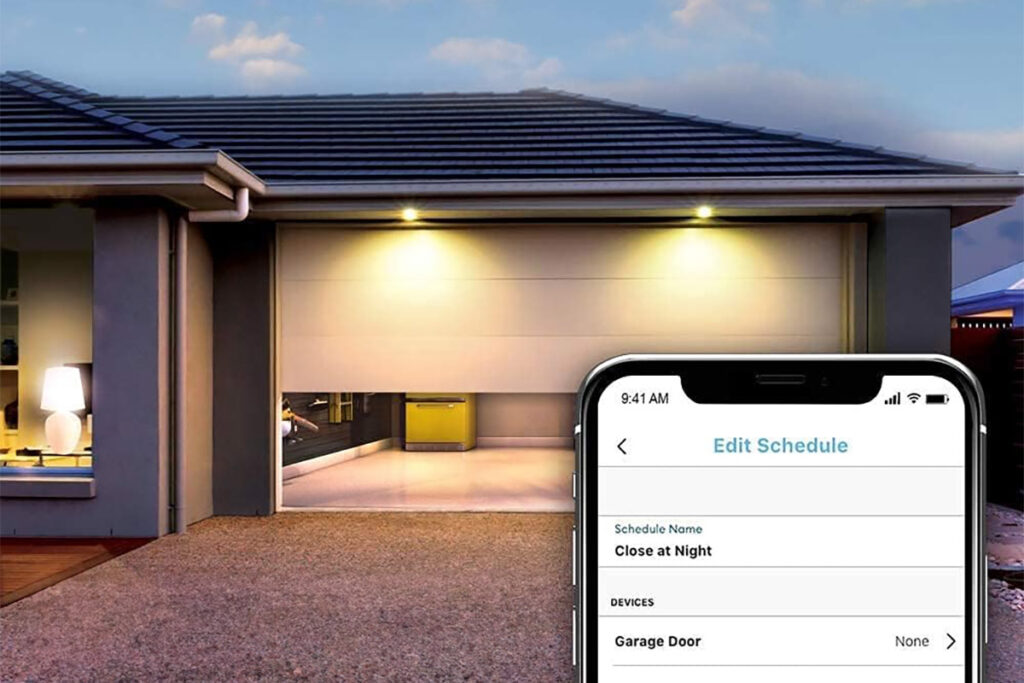Gasoline is one of the most recognizable and most influential smells we have. However, if this gas smell gets into your vehicle, it means that something is not right. So, if your car smells like gas, you don't have to spray an air freshener. Instead, it would be best if you fixed the smell cause, which is a gasoline leakage.
Is this dangerous?
Most individuals like neglecting the smell, hoping that it will go away soon. But, this smell comes as a result of gas leakage, and it is dangerous. It can lead to various issues, as we shall disclose in this article.
1. Health hazard
Gasoline fumes have numerous health hazards. Gasoline has methane, which can be dangerous to your health. Exhaust fumes made by burning gas have carbon monoxide, which is a health hazard as well.
Thus, you are more likely to have a headache when exposed more to gasoline smell. Besides, if the scent is more robust, you may feel dizzy, nausea, and weak.
2. Environmental Hazards
Similar to many other chemicals, gasoline chemicals are toxic. Thus, it can lead to ecological hazards when leaked. Excess gasoline-burning affects people and wildlife negatively.
3. Can cause fire
Fire is another potential problem that can occur when your car smells like gas. The smell occurs as a result of gasoline leakage.
Gasoline is highly flammable, and if the vapors are too concentrated, fires can quickly emerge if triggered. Vehicle’s ignition spark, match lighting, and cigarette smoking can cause fire or an explosion.
Besides, if the gas leaks onto your car’s hot engine, fire can occur. Therefore, if your car smells like gas, you must fix it with urgency.
Reasons why your car smells like gas

Gas smell in your vehicle can result due to various things. Slight gas leakage in your car can create a powerful odor.
Some of the most common reasons for your car smelling like gas are as follows.
1. Gas spill during your last fill-up
When filling your car, a small amount of gas might drip off the nozzle. Also, carelessness with the pump might cause the spillage on your vehicle, thus causing the smell.
Besides, residual gas can get into your hands when using the pump after another person. Thus, it might create a lingering smell in your car and on anything you touch.
2. When you have a loose gas cap or when it needs a replacement.
Most individuals make a common mistake of not fully tightening the gas cap when they fill up. Such error may cause gas fumes from the tank.
However, if you tighten the cap and the smell is still there, you should check your seal.
3. A leaking gas tank
Leakage at the gas tank can cause your car to smell like gas. When the leak is massive, it should form a stain or puddle on the ground.
A metal gas tank in your car is disposed of rust, thus causing holes. When driving, the smell might not be overpowering since you are driving away from fumes. However, on turning the outside vent on, you can smell the fumes.
4. A problem with the ventilation system to your gas tank
Modern car designs come with an evaporative emissions control system. The system regulates the gasoline vapor amount that gets out of the gas tank.
So, when the release valve of this system becomes faulty, your car smells like gas. Also, computer sensors and system failure in this system can cause the smell. Such system faults lead to an illumination of the check engine light.
5. A fuel line leak
Over time, fuel line leaks are apparent. The lines made from metal, plastic, or rubber, hence susceptible to road debris and corrosion. As a result, they make your car smells like gas.
Currently, vehicle manufacturers are using nylon and neoprene materials. This change aims to fight the corrosive properties of gasoline.
6. A clogged fuel filter.
When pumping fuel to the injectors, it’s usually under pressure. Therefore, blockage at the fuel filters causes the fuels to leak. The leakage occurs as the fuel finds a path with lesser resistance.
7. Fuel delivery system leak.
The fuel delivery system has O-ring seals, which often cause this problem. When fuel rails or injectors clog, the fuel tries to find a path with the least resistance. As a result, the clogging weakens seals and connection points, thus leading to leakage.
Signs of such problems are sluggish acceleration of your car, poor gas mileage, and a rough idle. The challenge makes your car smells like gas, both inside and outside.
8. Engine Control Unit (ECU) problem
The ECU controls the fuel delivery system, among other things, in your vehicle. When the ECU makes the system deliver excess gasoline, you experience the gas smell.
The engine fails to burn the excess gas, thus causing spillage and the smell as well.
What should they do to solve the problem?
To avoid fire risk, health, and environmental hazards, rectify your car smells like a gas problem. To prevent gas spills when filling-up, you should be more careful. Also, wipe or wash your hands to avoid the smell. If the spillage was on the vehicle, ask the alert attendant to help you contain it.
Also, ensure your gas cap is well tightened and replaced if broken. In the case of a leaking gas tank, mechanics can help you patch it. Besides, the mechanics should also help you diagnose the problem of the gas tank ventilation system.
You can also patch or replace fuel line leaks when you identify such a problem. Likewise, clogged fuel filters need replacement at times. However, since their location is within the fuel tank, you should consult a mechanic.
Leakage at the fuel delivery system can also be a severe problem. However, you need to conduct an injection flush and fuel pressure tests fast. After that, parts replacement should take place if necessary. The O-ring seals are easy to replace but can be exhausting if not used to process.
An ECU malfunction illuminates the check engine light. However, an OBD Two scan is essential for scanning the fault codes. Therefore, if you do not have one, you need to visit a mechanic for rectification.








